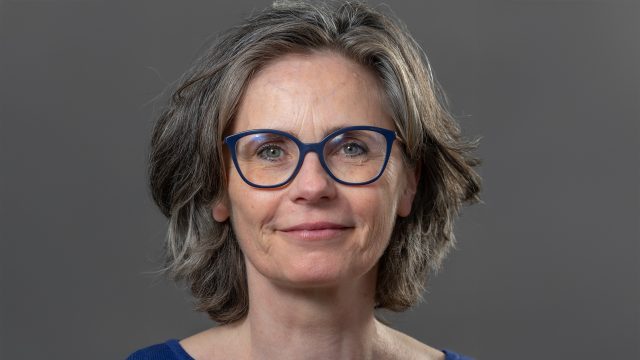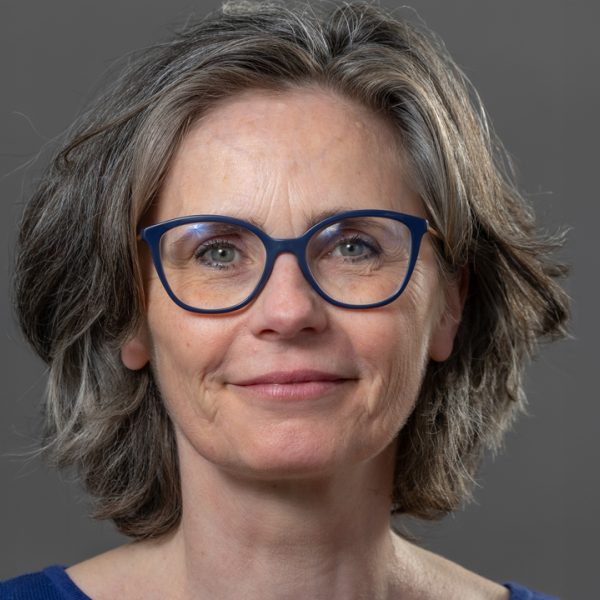
Our Focus
Nearly all solid tumours carry an abnormal number of chromosomes, known as aneuploidy. Aneuploidy is a frequent consequence of erroneous chromosome segregation during cell division (chromosomal instability, CIN), and both features correlate with tumour heterogeneity, drug resistance, and poor patient prognosis. Our research aims to decipher the molecular principles that ensure error-free chromosome segregation during cell division, and to understand how different (cancer) tissue types can cope with, or even benefit from, the gains or losses of specific chromosomes. With our fundamental research, we aim to gain mechanistic insights into the cancer-driving potential of aneuploidy and to identify targets for potential anti-cancer therapies. Specific research topics of the lab are:
The inner centromere network. The inner centromere is a specialized chromosome structure on which protein activities accumulate that control sister-chromatid cohesion and chromosome-microtubule connections. We investigate inner centromere protein network regulation, and how network perturbations induce CIN. We explore ways to mildly perturb sister-chromatid cohesion and to test these as strategies to target and eliminate CIN+ cancer cells.
Cancer-specific aneuploidy signatures. Different cancer types exhibit characteristic subsets of whole or partial chromosomal gains and losses. By inducing or reverting chromosome-specific aneuploidies, we aim to identify drivers of these cancer tissue-specific aneuploidies and to unravel their contribution to cancer development and maintenance.
About Susanne Lens

Susanne Lens
My Research
Susanne Lens obtained her PhD in 1998 at the University of Amsterdam (René van Lier and Rien van Oers) for her studies on the role of CD27-CD70 interactions in normal and malignant B cell growth and differentiation, and on the signaling pathways leading to B-cell antigen receptor induced apoptosis. She then joined the lab of Jürg Tschopp, University of Lausanne, Switzerland to perform her postdoctoral studies on apoptosis inhibitors. In 2001 she changed research fields to gain expertise in cell cycle biology in the lab of René Medema, at the Netherlands Cancer Institute in Amsterdam, which resulted in her research line on the Chromosomal Passenger Complex and the regulation of chromosomal stability. She was appointed as Associate Professor within the department of Medical Oncology of the UMCU in 2006 and was awarded a Full Professorship on Genome Instability in 2013. Her primary research interests involve the molecular mechanisms that ensure error-free propagation of the genome during cell division, how defects in these mechanisms contribute to chromosomal instability in cancer, and how recurrent aneuploidy patterns in cancer arise and contribute to disease development.
Awards
2011: Laureate of NWO Innovational Research Incentives Scheme
2005: Laureate of NWO Innovational Research Incentives Scheme
1999: Fellow of the Dutch Cancer Society
Key Publications
Adriaans IE, Hooikaas PJ, Aher A, Vromans MJ, van Es RM, Grigoriev I, Akhmanova A, Lens SM. (2020). MKLP2 Is a Motile Kinesin that Transports the Chromosomal Passenger Complex during Anaphase. Current Biology, 30:2628.
Hadders MA, Hindriksen S, Truong MA, Mhaskar AN, Wopken JP, Vromans MJ, Lens SM (2020). Untangling the contribution of Haspin and Bub1 to Aurora B function during mitosis. J. Cell Biol. 219: e201907087.
Lens SM & Medema RH (2019). Cytokinesis defects and cancer. Nature Rev. Cancer, 19: 32.
Hengeveld RC, Vromans MJ, Vleugel M, Hadders MA & Lens SM (2017). Inner centromere localization of the CPC maintains centromere cohesion and allows mitotic checkpoint silencing. Nature Communications, 8: 15542.
Liu D, Vader G, Vromans MJ, Lampson MA, & Lens SM (2009). Sensing chromosome bi-orientation by spatial separation of aurora B kinase from kinetochore substrates. Science, 323: 1350.
Members
| Susanne Lens Group leader | Irene Zaalberg Phd student | Livio Kleij Postdoc fellow |
| Martijn Vromans Technician | Michael Hadders Postdoc fellow | Paula Cané Gasull PhD Student |